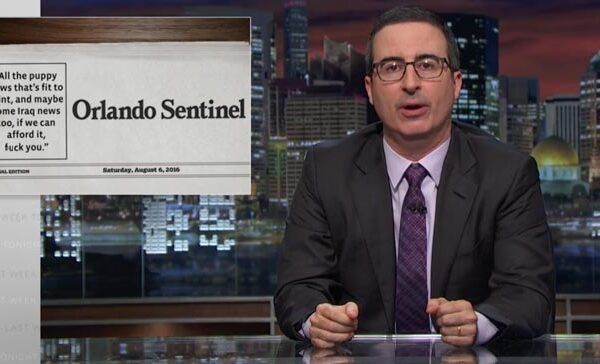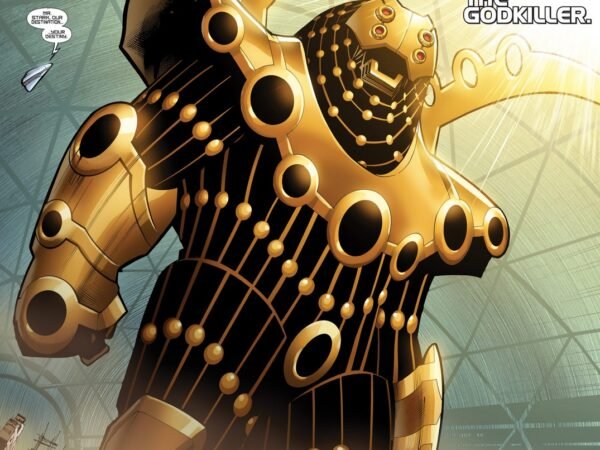In the realm of comedy, particularly when it intersects with the delicate topic of political correctness, navigating humor that resonates across a broad spectrum while maintaining sensitivity can be a challenging endeavor. A comedic routine that adeptly manages this balance involves an imaginative scenario where former President Barack Obama is depicted engaging with fourth graders through reimagined nursery rhymes, addressing identity themes in a light-hearted manner. This routine not only showcases edgy yet progressive humor but also provides insightful commentary on contemporary societal issues.
The segment involving Jack and Jill – two characters from a classic nursery rhyme who traditionally go up a hill to fetch a pail of water – is reenvisioned in this routine. In this updated take, both characters decide they wish to be known as ‘Jack,’ reflecting modern conversations around gender identity and fluidity. This choice by the characters serves as an accessible entry point for discussions on self-identification and respect for personal choices, presented through the universally familiar format of children’s stories.
What sets this comedic approach apart is its ability to engage audiences across political divides without alienating them. By choosing Barack Obama, a figure known for his eloquent speech and moderate political stance, as the narrator for these updated nursery rhymes, the routine taps into a sense of nostalgia and authority. This strategic choice lends credibility to the humor while ensuring it remains inclusive.
Moreover, labeling themselves as “Regressives” — individuals ostensibly out-of-touch with current events or the complex language often found in news outlets — adds another layer to the comedy. This self-deprecating term cleverly critiques how rapid societal changes can sometimes leave people feeling disconnected or overwhelmed by new terminologies and concepts related to identity politics. It’s an invitation to laugh at oneself and acknowledge our collective struggle to keep pace with evolving norms.
Analyzing this comedic piece reveals several key insights:
1. **Humor as a bridge:** Comedy has long been recognized as a powerful tool for broaching sensitive topics. When executed thoughtfully, it can create common ground among diverse audiences by highlighting shared experiences or absurdities within our social constructs.
2. **Cultural relevance:** The effectiveness of satire lies in its ability to reflect contemporary issues back at society through exaggeration or irony. By weaving modern debates on identity politics into well-known narratives like nursery rhymes, comedians can offer fresh perspectives on age-old tales while staying relevant.
3. **Inclusivity vs Exclusivity:** One of the primary challenges in crafting politically correct humor is ensuring that jokes do not come at the expense of marginalized communities. The approach taken here exemplifies how comedians can navigate these waters by focusing on universal themes (such as change) rather than targeting specific groups.
4. **Evolutionary Humor:** As societies evolve, so too does their sense of humor; what was once considered taboo may now be open for discussion (and vice versa). Comedians play an essential role in testing these boundaries and facilitating dialogues about cultural shifts.
In conclusion, incorporating political correctness into comedy does not have to result in diluted jokes or tiptoeing around sensitive subjects; instead it offers an opportunity to explore complex themes with nuance and empathy—demonstrated aptly by using beloved figures like Barack Obama narrating reimagined childhood stories that resonate irrespective of one’s political leanings or familiarity with current discourse surrounding identity politics



